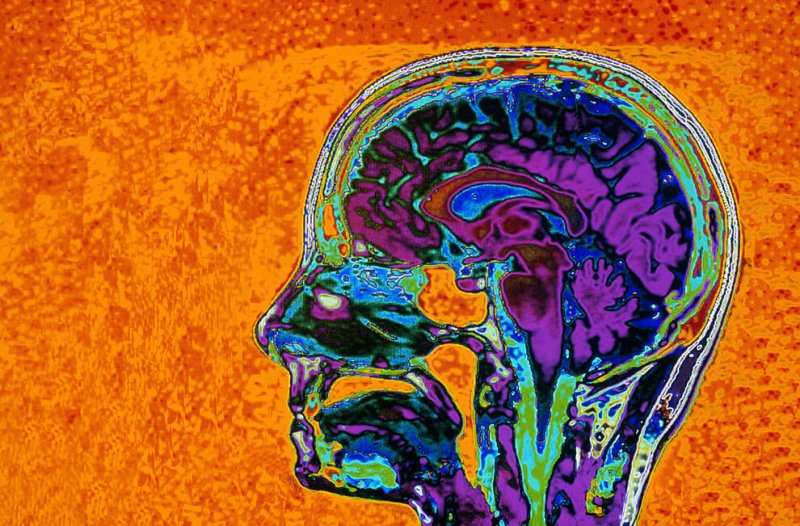Hallucinations are often distressing—a suggestion that something is amiss in our brains. But new research suggests we’re all susceptible to hallucinations, and that may not be such a bad thing.
In a paper released last week in Science, a team from Yale University set out to understand how we interpret the world around us—in short, how we determine what’s real and what’s not. They suspected that people who regularly hallucinate perceive the world based on what they expect to happen, while others, who don’t hallucinate, would rely more what their senses are telling them is happening in the world
[Researchers] began by conditioning participants to hear a tone when they were shown a checkerboard pattern. Then they slowly removed the actual sound and asked people when they heard it. Participants who regularly heard voices were five times more likely to say they heard a tone when there wasn’t one, and they were 25-30% more confident in their choice. But they weren’t alone in hearing things. In fact, all of the participants experienced some induced hallucinations during the experiment.…
Understanding the specific mechanisms that underlie hallucinations may help the team determine who would respond well to drugs, like those based on the cholinergic neurotransmitter system.
The GLP aggregated and excerpted this blog/article to reflect the diversity of news, opinion, and analysis. Read full, original post: Anyone Can Be Trained to Hallucinate and That’s Teaching Scientists About Perception































